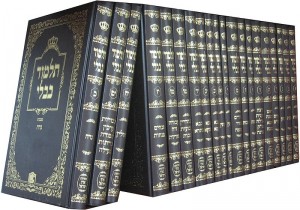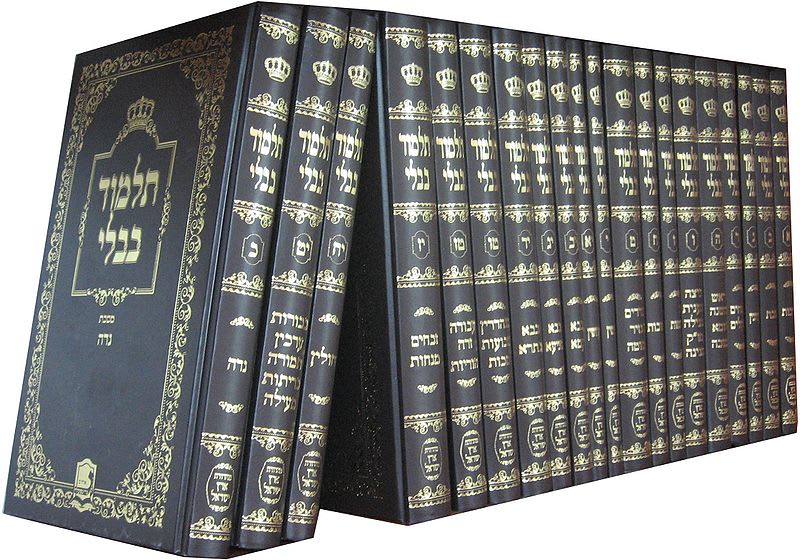 If only yeshiva and day school students were as enthusiastic about the Talmud as South Koreans.
If only yeshiva and day school students were as enthusiastic about the Talmud as South Koreans.
The New Yorker’s PageTurner blog has a fascinating article about the popularity of the Talmud in South Korea. It’s kinda wild and corroborates what many of us heard as rumors. The writer, Ross Arbes, also does his homework and traces some of the popularity to one figure, Rabbi Marvin Tokayer of Great Neck, whose books were translated into Japanese and then somehow migrated to South Korea. But whether the Talmud’s popularity is a good or bad thing, no one presumes to know. Some worry that it is perpetuating stereotypes, even positive ones about the Jewish people.
The article is bound to leave a slightly bad taste in your mouth when you read about the reactions the classmates of Rabbi Tokayer’s grandson Jonathan had to South Korea’s love of the Talmud.
Ouch. Or consider the fact that Rabbi Tokayer’s original translator Hideaki Kase is a revisionist Japanese historian who denies many of the atrocities his country committed during WW2.
But with all that being said, Rabbi Tokayer himself has a lovely closing statement about the Talmud’s popularity in South Korea.
In a similar vein, one of one of our OU employees, Michael Orbach, wrote about the bonds between Koreans and Israelis for the JTA.
The words of this author reflect his/her own opinions and do not necessarily represent the official position of the Orthodox Union.
